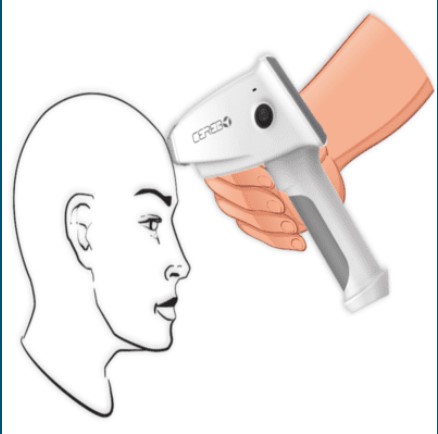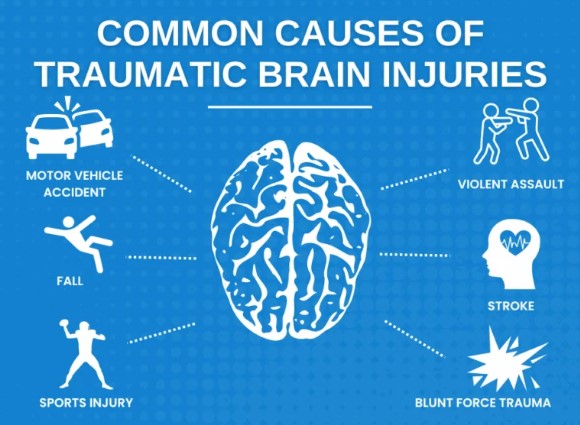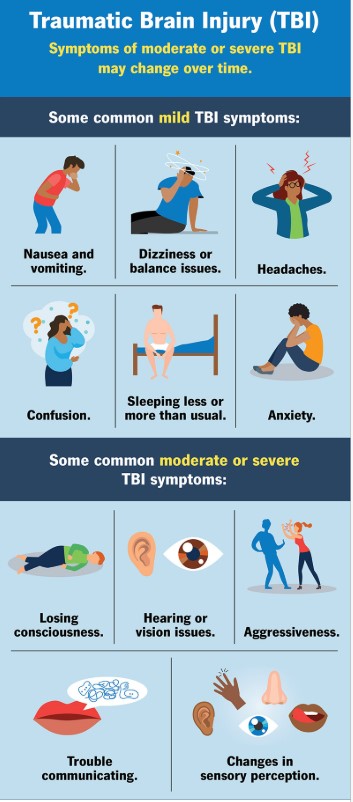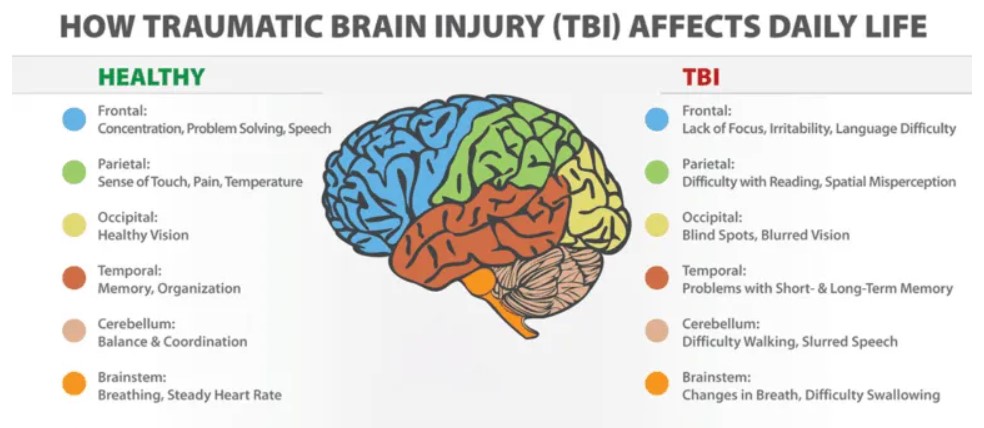7667766266
enquiry@shankarias.in
Mains: GS III – Achievements of Indians in science & technology; indigenization of technology and developing new technology.
Recently, a device called CEREBO was developed to diagnose Traumatic brain injuries (TBIs).



